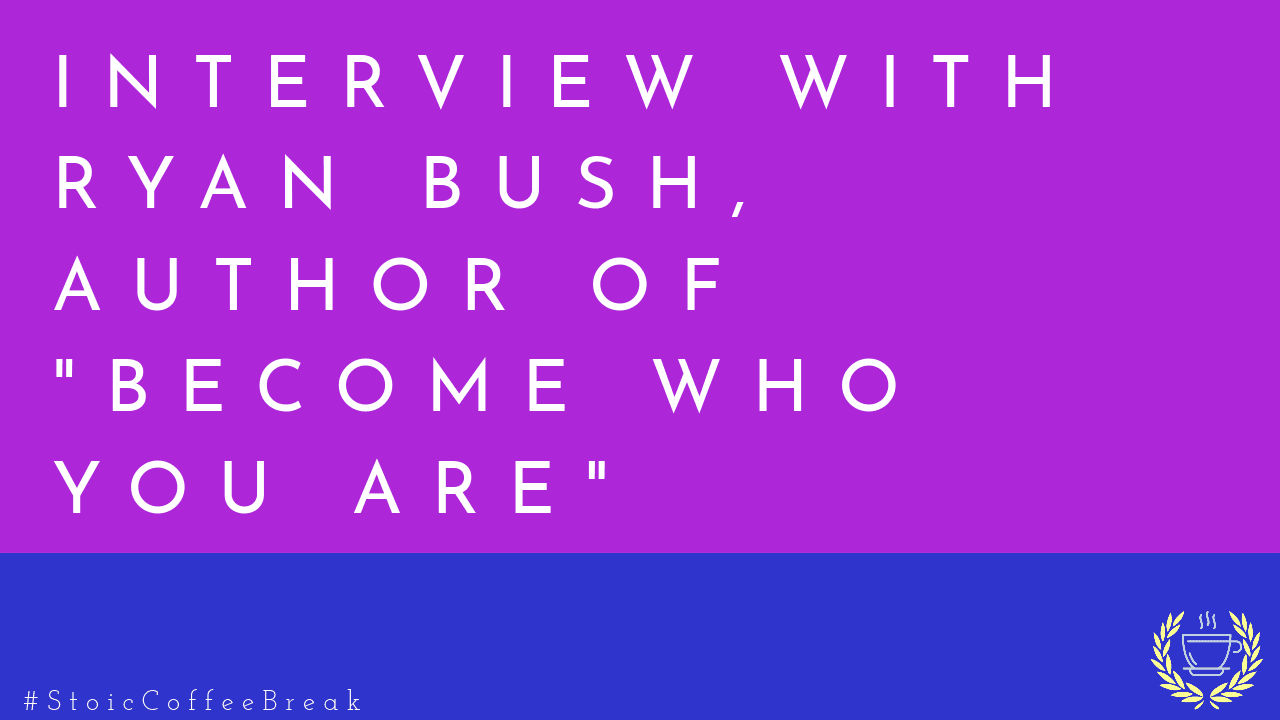Tag: Ryan Bush
-

280 – Interview with Author Ryan Bush
This week’s episode features an interview with author Ryan Bush, who takes a design approach to structuring your thinking. In this conversation, they discuss topics such as changing how you think, self-esteem, and depression. Ryan shares insights from his book “Become Who You Are,” which explores the connection between happiness and embodying personal virtues. Tune…